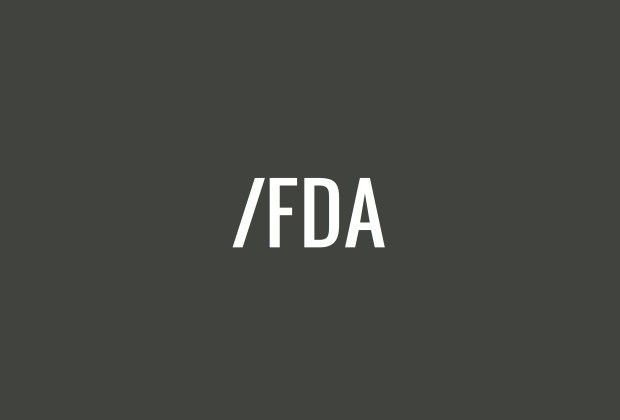Yesterday, the U.S. District Court for the District of Columbia rejected a long shot legal argument that sought to have FDA’s substantial equivalence requirements for “premium cigars” thrown out.
Technically, the plaintiffs in Cigar Association of America et al. v. United States Food and Drug Administration et al. were asking the court to “clarify” an August ruling that delayed those requirements until after the U.S. Food & Drug Administration completes a review of whether it should create a new, streamlined process for “premium cigars.” As the court pointed out, in actuality, that “clarification” was a request to have the substantial equivalence requirements thrown out.
Judge Amit P. Mehta ruled against the plaintiffs, concluding that the court had no authority—at least under this particular argument—to vacate the substantial requirements. In short, because Congress gave FDA the authority to regulate cigars under the Tobacco Control Act, Congress also gave FDA the authority to require premarket review—the broader form of substantial equivalence—for cigars.
He wrote:
In view of this legal framework, the court did not “deem” vacatur of the Final Deeming Rule insofar as it imposes premarket review requirements on premium cigars a legally viable remedy. Vacatur was not an option because the Final Deeming Rule does not itself impose the premarket review requirements on premium cigars—that is an automatic statutory consequence once a product is deemed subject to the TCA. The only way to grant relief from premarket review through vacatur would be to vacate the FDA’s predicate decision to “deem” premium cigars to be subject to the TCA, but that relief was unavailable because that challenge was not before the court.1 In other words, the court cannot grant Plaintiffs’ request for vacatur because the TCA, not the Final Deeming Rule, is the source of the premarket review requirements.
Mehta’s ruling also foreshadowed a larger, albeit ongoing, question: whether FDA acted properly when deciding to regulate “premium cigars” the same way as other tobacco products, a process that is often known as “Option 1” or “Option 2.”
It’s expected that the next major phase of the lawsuit will likely focus on that question. The plaintiffs—three cigar trade groups—will argue that FDA neither went through the proper steps nor had sufficient evidence to regulate “premium cigars” the same way FDA has chosen to regulate e-cigarettes, little cigars or hookah tobacco.
Currently, FDA’s substantial equivalence requirements for “premium cigars”—a subset of cigars that includes almost every cigar that is sold in a humidor with the exception of flavored cigars—are not being enforced while FDA conducts the aforementioned review to see if it should create a more streamlined process for substantial equivalence. There is no established timeline about when that review might be completed.



